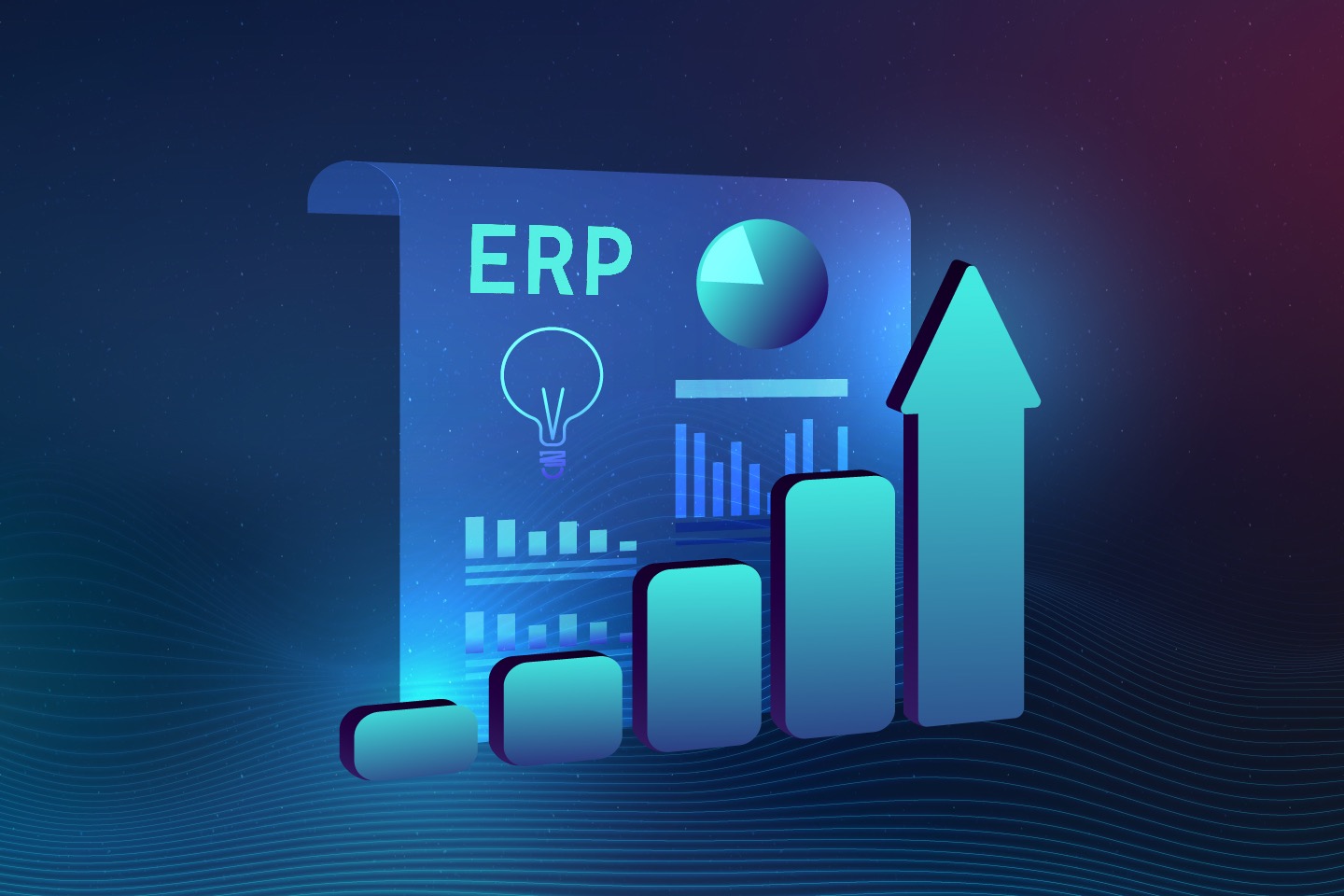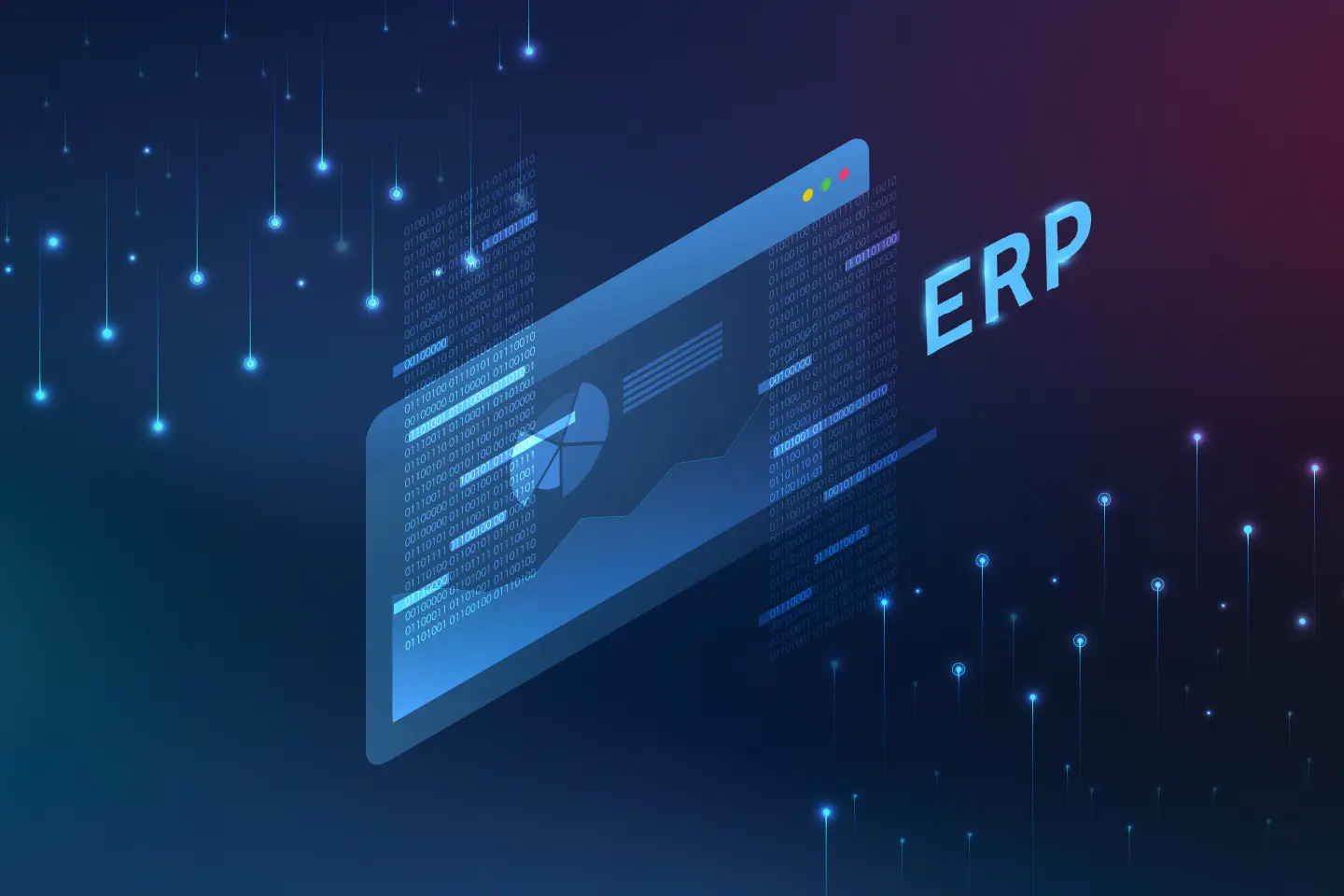
An ERP system integrates and manages all key business functions, making it essential for operational efficiency and strategic decision-making. Discover the transformative potential of ERPs for your business.
Enhancing Efficiency and Profitability Across Your Organization
As a business owner or senior executive, you're constantly bombarded with decisions that could shape the future of your organization. When spreadsheets and multiple platforms slow down business development, leaders must look for another solution. One such pivotal decision may involve the consideration of an ERP or Enterprise Resource Planning system. But what exactly is an ERP, and why is it something you should not just know about but actively consider for your business?
Unraveling ERP Systems: The Backbone of Business Efficiency
ERP is the category name for all software that comprises modules that help with certain business functions. This enables all departments to work together efficiently and easily. Through data-driven platforms like ERPs you have all the information regarding sales, tasks, and inventory management at your fingertips with easy-to-read charts and graphs. ERPs enable businesses to increase productivity by utilizing various modules which leads to data sharing and cost savings in the long-term.
Example: A business may be split into accounting, finance, HR, sales, and manufacturing. An ERP would enable the business to utilize modules for each of those categories on one platform leading to better optimization and productivity.
Addressing Business Owner Concerns
Despite the clear advantages, the prospect of implementing an ERP system can seem daunting, especially to those with limited understanding of the world of ERPs. Let's address some common concerns:
- Complexity and Implementation Time: Yes, ERP systems can be complex, and their implementation might not happen overnight. However, the long-term gains in operational efficiency and the ability to scale more smoothly far outweigh the initial time and effort investment.
- Cost: The cost is often one of the first considerations. While ERPs do require an upfront
investment, they can lead to significant cost savings by optimizing operations, reducing
inefficiencies, and minimizing errors. Consider it an investment in your company's future
competitiveness and profitability.
In addition, cost varies drastically among the different tier ERPs. Some ERPs can cost up to $500,000 to implement and others can cost $10-$50 per user a month. It all depends on the size of your company and your goals and whether you will be choosing an on-site ERP or a Cloud ERP. Cloud ERPs tend to offer more flexibility and lower upfront cost. - Change Management: Adopting an ERP system means changing how your business operates. This change can be challenging, but with the right support and training, your team can transition smoothly. The benefits of having a unified system will soon become evident in your daily operations and overall business health.
- Customization and Scalability: Business leaders often worry that an ERP system may not fit their unique needs. Modern ERP solutions are highly customizable and scalable, designed to grow with your business. They can be tailored to meet the specific requirements of your operations, ensuring that you're never paying for features you don't need.
- Security Concerns: With cyber threats on the rise, security is a legitimate concern. ERP providers are aware of these risks and have robust security measures in place to protect your data. Additionally, centralizing your data within an ERP can actually enhance your ability to secure it, compared to having information scattered across disparate systems.
Making the Leap
The decision to implement an ERP system should not be taken lightly, but neither should it be avoided due to fear of the unknown. By choosing the right partner and system for your business, you can achieve a level of integration and efficiency that propels your business forward.
ERP systems offer a strategic advantage, providing the tools to manage your business more effectively and respond to changes with agility. The benefits—increased efficiency, better decision-making, cost savings, and improved customer service—can significantly outweigh the initial concerns.
As a business leader, taking the time to understand and evaluate ERP systems can be a transformative step for your organization, leading to streamlined operations, growth, and sustained success in the competitive business landscape.

. . .

Insight by Nathan Maas
Account Manager
Nathan is a digital marketer passionate about how storytelling, targeted messaging, and implementing technology create business-changing content. As an Account Manager, he is responsible for assisting with communication to help his clients increase brand awareness, generate leads, and acquire new customers.
Related Insights

Enterprise Resource Planning (ERP) Digital Transformation
Top 10 Task Management Tools

Enterprise Resource Planning (ERP)
Top ERP Software Solutions: An In-Depth Comparison

Enterprise Resource Planning (ERP)
The Future of ERP: AI, IoT, and Blockchain Integration
Connect in 3 simple steps
Let's connect.
We want to hear from you and learn how we can make technology work for your organization.